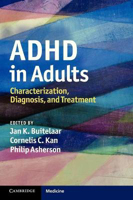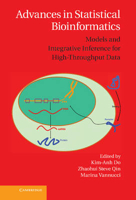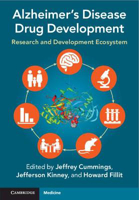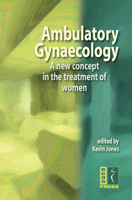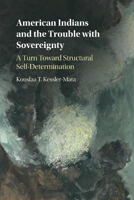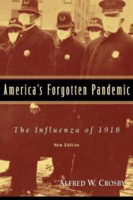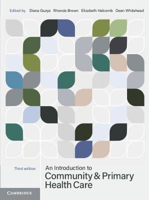Cookies help us deliver our services. By using our services, you agree to our use of cookies.
Shopping cart
Search
Cambridge university press
ADHD in Adults: Characterization, Diagnosis, and Treatment
€103.86
Although the phenomenon of ADHD is well described in children, it is now thought that in up to 60% of cases the symptoms persist into adulthood. This volume reviews our growing knowledge of adult ADHD and presents a transatlantic perspective on the identification, assessment and treatment of the disorder.
Adult Patient with Intraventricular, Paraventricular and Pineal Region Lesions
€19.84
This Element describes the management of patients with lesions in the ventricular system and pineal region. Careful assessment of the clinical and radiological features of each case can help to narrow the differential diagnosis in this heterogenous group of tumours.
Advances in Statistical Bioinformatics: Models and Integrative Inference for High-Throughput Data
€163.39
Within the context of genomic medicine and with a strong focus on cancer research, this book describes the integration of high-throughput bioinformatics data from multiple platforms to inform our understanding of the functional consequences of genomic alterations. This material is written for statisticians who are interested in modeling and analyzing high-throughput data.
Alzheimer's Disease Drug Development: Research and Development Ecosystem
€110.86
Provides a definitive overview of the complex ecosystem facilitating Alzheimer's Disease drug research and development. Demonstrates a drug's journey from in the lab, clinical trial testing, regulatory review, and marketing by pharmaceutical companies. Details the use of artificial intelligence, clinical trial management, and financing models.
American Indians and the Trouble with Sovereignty: A Turn Toward Structural Self-Determination
€26.83
An examination of the concept and practice of contemporary tribal sovereignty which proposes that tribal self-determination might be better pursued within a federal framework. This fascinating study will be a key reference for researchers, graduate and undergraduate students in American political development, American law, and post-colonial studies.
America's Forgotten Pandemic
€28.00
Tracing the influenza pandemic of 1918-1919 that claimed over 25 million lives worldwide.
An Introduction to Community and Primary Health Care
€72.35
An Introduction to Community and Primary Health Care provides an introduction to the theory, skills and the range of professional roles in community settings. This edition has been fully revised to include three new chapters on health informatics, refugee health nursing and developing a career in primary health care.

